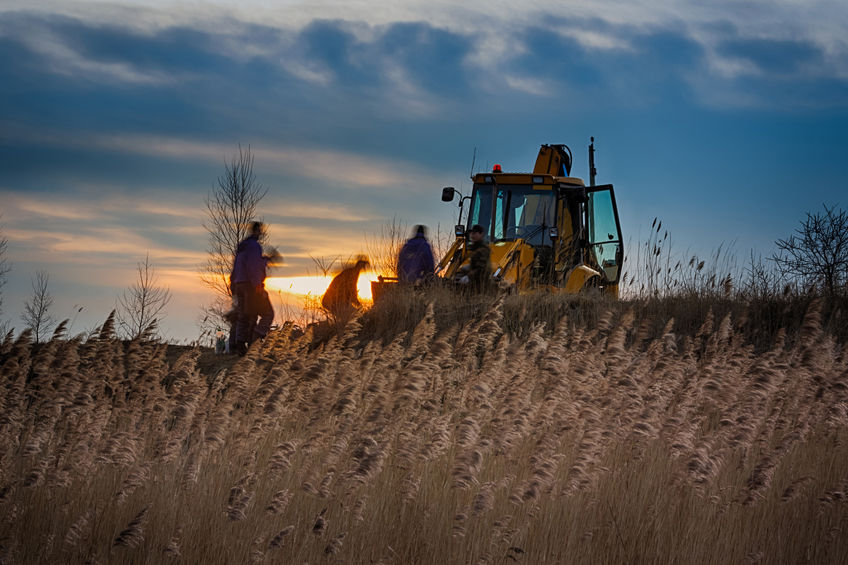
Farming businesses have been warned to be ready for upcoming health and safety inspections, and those who fail to manage workplace risk will face serious penalties.
The Health and Safety Executive (HSE) has announced that it will be undertaking a programme of targeted inspections on farms across the country.
The announcement follows a series of HSE compliance events run last year designed to change behaviours and attitudes in the industry.
Agriculture has the poorest health and safety record of any industry in Britain. The sector represents 1.2% of the British workforce, but accounts for 20% of reported work-related deaths each year, along with an estimated 13,000 non-fatal injuries each year.
According to Strutt & Parker, the announcement is a 'timely reminder' for those who don’t have a health and safety policy to implement one, and for those who do, to ensure that their risk assessments and safe systems of work procedures are reviewed.
Robert Gazely, health and safety specialist with Strutt & Parker, said: “The strong message coming from the HSE is that death and injuries should not be viewed as an inevitable part of farming.
“Inspectors are going to be particularly focused on key hazards: machinery, falls from height, children and livestock. They are also prepared to get tough with people who are failing in these areas – warning that they will not hesitate to use enforcement procedures to bring about improvements.”
Current legislation, such as Health & Safety at Work Act 1974, requires the employer to prepare a written statement of health and safety policy.
The Management of Health & Safety at Work Regulations 1999 also requires the employer to appoint a competent person to assist in undertaking the measures necessary to comply with health and safety legislation.
Tips to staying safe
• Risk assessments and safe systems of work should be reviewed annually or when new or increased risks arise.
• HSE recommends refresher telehandler training every 3-5 years, and refresher chainsaw training every 5 years for frequent users, or every 2-3 years for occasional users.
• Lone working is common in farming, so should be risk assessed. Practical solutions include making sure people keep mobile phones charged and on them at all times or the use of lone-worker and man-down two-way radios.
• A health and safety briefing should be held with all employees prior to harvest to remind everyone how to maintain a safe working environment and go about their roles safely at a busy time of year.
